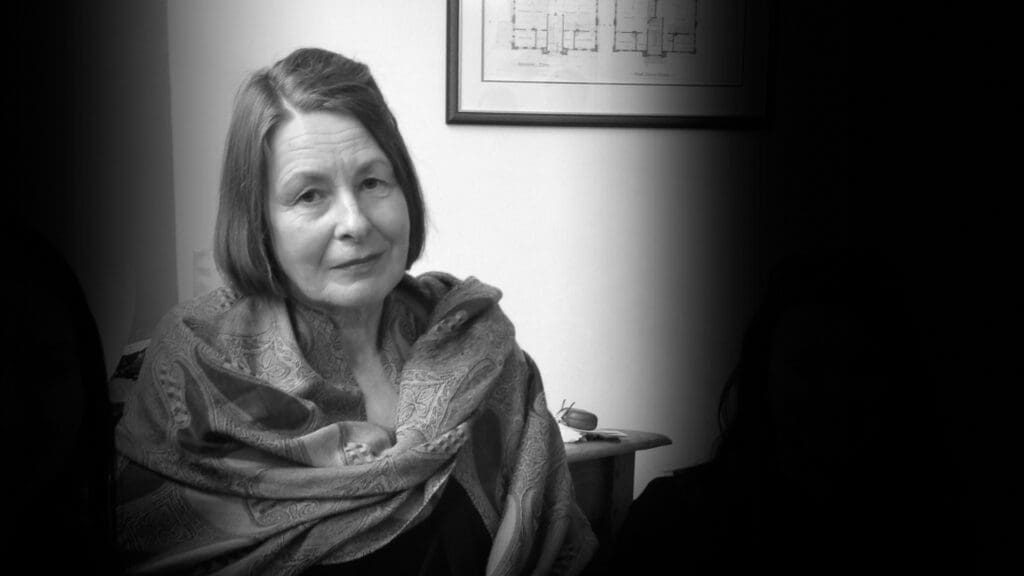Nine years of shame: Albanese government must end offshore detention
Nine years on from former prime minister Kevin Rudd’s announcement that all people seeking asylum by boat would be detained offshore and prevented from settling in Australia, the federal government’s shameful treatment of people seeking safety continues.
Since 2013, thousands of people who came to Australia for protection have been subjected to the failed, arbitrary and harmful policy of offshore processing.
The Human Rights Law Centre is calling for an immediate end to offshore processing and for the Albanese government to provide permanent and safe resettlement to every person who has suffered under the policy.
This includes shutting down offshore detention once and for all, and bringing all those still in Nauru or Papua New Guinea to safety in Australia pending permanent resettlement, whether in Australia or elsewhere.
Two hundred and sixteen people remain in Nauru and Papua New Guinea, where they have endured nine years of mistreatment, isolation, deplorable living conditions and medical neglect. Fourteen people subjected to offshore detention have died, including Reza Berati, whose family are yet to see justice for his murder.
Over 1,000 people who suffered years in offshore detention are now in Australia but continue to be denied stability and the chance to rebuild their lives. While some may have pathways to relocate to the US, New Zealand and other countries, at least 500 people will be left without a permanent home after existing resettlement options are exhausted.
Every person subjected to offshore processing has lost years of their lives and been separated from loved ones because of the intentionally punitive policies of successive Australian governments.
Scott Cosgriff, Senior Lawyer at the Human Rights Law Centre said:
“Almost a decade on, the Australian government continues to punish people for seeking safety here. Families have been ripped apart. People have died. Hundreds of men, women and children have lost years of their lives and still don’t have any permanent home.
“Right now in Nauru, refugees who turned to Australia for safety are instead struggling to access food and water as COVID-19 devastates the country. The Albanese government must end this dark chapter in our history by closing offshore detention once and for all and allow every person the chance to rebuild their lives in safety.”
Cosgriff also called on the Albanese government and G4S to provide compensation to the family of Reza Berati:
“Reza Berati was killed by the very people who were meant to be protecting him, on the Australian government and G4S’s watch. His parents are traumatised by their son’s murder but have been ignored by previous Australian governments. No amount of money will ever bring the Beratis’ son back, but his parents should not be forced to suffer the added indignity of having to battle through the courts for some small measure of justice.”
Media contact:
Evan Schuurman, Media and Communications Manager, 0406 117 937, evan.schuurman@hrlc.org.au
Media Enquiries
Chandi Bates
Media and Communications Manager

Legal challenge filed against Tasmanian Parole Board’s decision to gag free speech
The Human Rights Law Centre has filed legal proceedings on behalf of Tasmanian grandmother, Susan Neill-Fraser, to challenge a restrictive parole condition placed on her by the Tasmanian Parole Board seeking to limit her ability to speak to the media.
Read more
University of Melbourne urged to drop repressive anti-protest and surveillance policies
The University of Melbourne is being urged to abandon policy changes that restrict staff and students’ right to protest and permit the widespread surveillance of people using their wifi network.
Read more
Expanded protections for marginalised groups welcomed in Allan Government’s anti-vilification laws
The Human Rights Law Centre welcomes the additional protections for marginalised groups in anti-vilification laws passed today by the Allan Government. These laws expand protections from vilification to include people from LGBTIQA+ and disability communities, and provide communities with important civil law avenues to address vilification.
Read more


